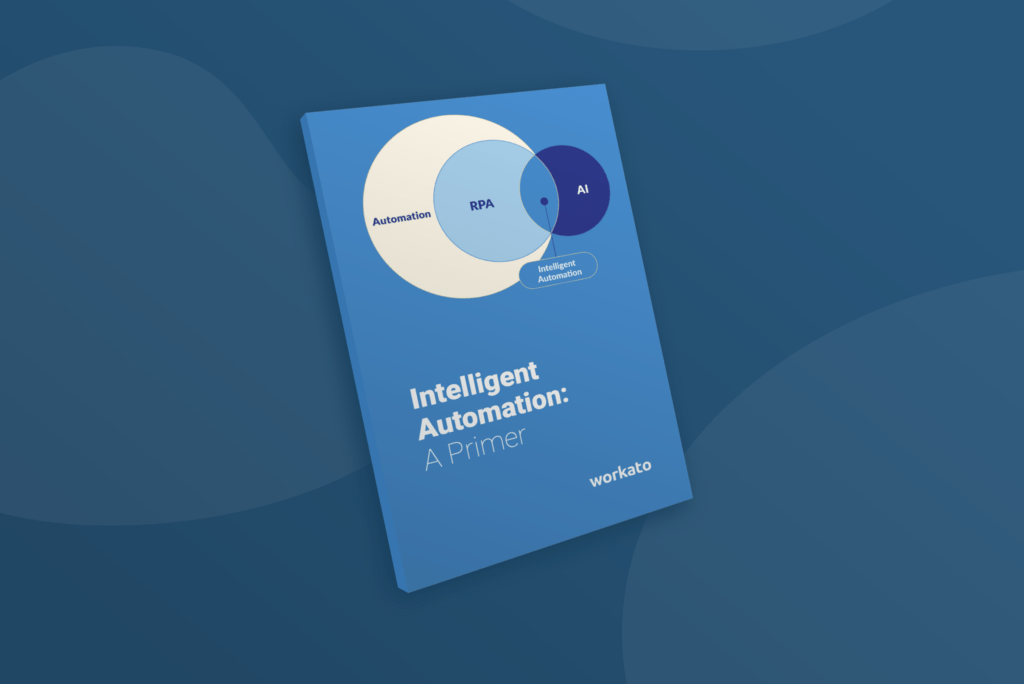Today, organizations are investing in digital more than ever before. According to IDC, global digital transformation spending will top $2.1 trillion by 2020.
A large chunk of this spending will go towards automation technologies that can eliminate manual work and cut costs. Forrester predicts that the market for just one form of automation—robotic process automation, or RPA—will amount to $2.9 billion in the next three years.
RPA isn’t the only automation technology out there, however. As automation platforms evolve, a new approach has emerged: intelligent automation.
By combining five core technologies (smart workflow tools, RPA, machine learning/advanced analytics, Natural Language Processing, and cognitive agents), intelligent automation promises to make automation easier to implement and more scalable.
But how, exactly, does it work? Why is it different from other forms of automation? And will it deliver on its promise to help organizations work with unstructured data, implement and scale automated workflows, empower business users to fix broken processes faster, allow businesses to switch out tools and applications as needed, and automate processes that are customer-facing?
